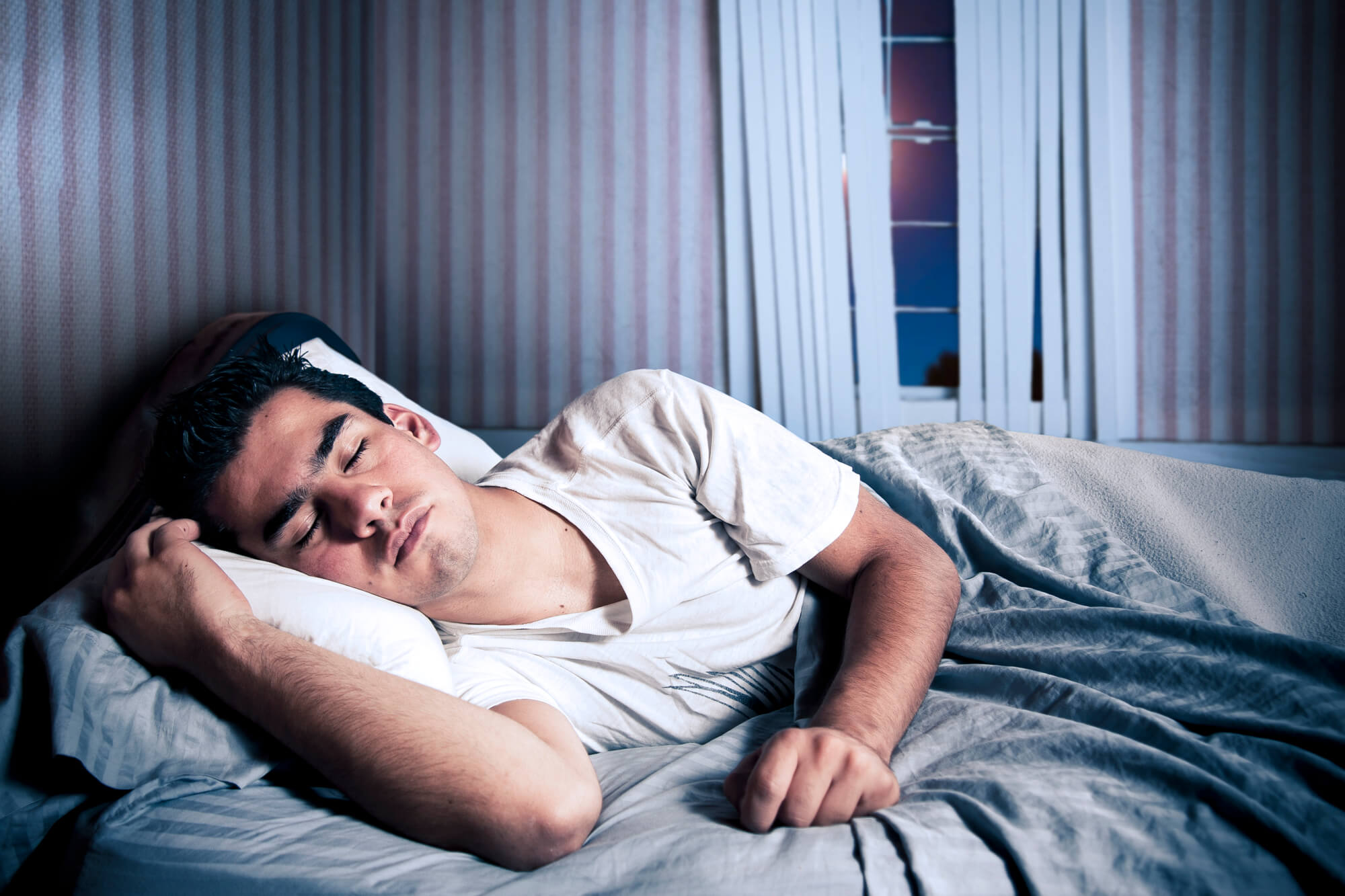
Hypnic headaches are a rare form of headache that affects fewer than 1% of people in the US annually. Unfortunately, it is also challenging to diagnose.
A hypnic headache only occurs while you are asleep and is painful enough to wake you up. Some people call it an alarm clock headache because it occurs at the same time each night. Typically, someone with hypnic headaches experiences at least ten each month, but for some, it’s every night.
Hypnic Headache 101
As mentioned above, a hypnic headache only occurs when you sleep and causes moderate to severe pain, enough to awaken you.
For an official diagnosis, the patient must experience the following:
- A recurrent headache.
- The headache only develops during sleep.
- The headache causes the patient to awaken.
- It occurs more than ten days a month for at least three months.
- The headache lasts for 15 minutes to four hours.
Hypnic headaches are more common in older people. 90% experience their first hypnic headache after age 50, with the average age of onset at 62. Also, these headaches are one and a half to two times more likely in women than men.
33% of people who develop hypnic headaches often experienced migraines earlier in their lives but haven’t experienced a migraine in years.
Symptoms
The head pain can be dull, throbbing, stabbing, or burning. It occurs on one or both sides of the head but most often is bilateral (on both sides of the head). One-third experience severe headache attacks.
While the headache can last from 15 minutes to four hours, the average duration is 90 minutes.
Hypnic headaches often occur after you have been asleep for two to three hours. Often the headaches occur between one and three in the morning or two and four in the morning, depending on the individual.
Some patients experience other symptoms, including:
- Watery eyes
- Drooping eyelids
- A blocked or runny nose
Around a third of people who experience hypnic headaches also suffer nausea or sensitivity to light or sound.
Many sufferers get up during the attack and read, eat, or perform other activities until the pain diminishes.
What Causes Hypnic Headaches?
Unfortunately, nobody really knows what causes hypnic headaches. There are a few theories.
One theory involves an issue with the hypothalamus, the part of the brain that controls bodily functions, including:
- Body temperature regulation
- Thirst
- Sleep cycles
- Blood pressure
- Heart rate
Another theory observes that the headaches seem to occur during the REM (rapid eye movement) part of the sleep cycle. At this time, the part of the brain involved with processing pain may become activated.
The third area of research suggests hypnic headaches may be linked to melatonin production. Melatonin makes you feel sleepy, and its production rises and falls during the course of the night, aligning with your sleep cycle.
A disturbance in the underlying rhythms regulating melatonin production might cause production to drop. Lower melatonin levels could cause hypnic headaches to occur.
Overall, much more research is needed.
Diagnosing Hypnic Headache
The primary method of diagnosing hypnic headaches is to rule out everything else.
If you suspect that you may have this rare form of headache, the doctor will ask about your headache history. Keeping a headache diary can help you and your physician determine any patterns. Then you will likely receive a neurological exam. The doctor might also order a polysomnogram, which is an overnight sleep study, either at home or at a sleep study facility.
Your doctor may also recommend an MRI and CT scan of your brain.
Blood work will provide clues to potential infection, electrolyte imbalances, clotting problems, or high blood sugar. The doctor also must rule out migraines and cluster headaches to properly diagnose hypnic headaches.
Other conditions your healthcare provider checks before making a diagnosis include:
- Intracranial disorders causing high intracranial pressure
- Sleep apnea
- Nocturnal high blood pressure
- Nocturnal low blood sugar
- Medication withdrawal
- Depression
- Brain tumor
- Stroke
- Internal bleeding
- Side effects of using nitroglycerin or estrogen
Because diagnosis is so difficult, it may be a while before hypnic headache is identified as the cause of pain.
Treatment Options
As with research, there is little to go on when determining treatment. The best treatments, in order of effectiveness, are:
- Caffeine
- Lithium
- Indomethacin
Caffeine may sound surprising, but people who have hypnic headaches don’t have problems with caffeine keeping them awake. The doctor may prescribe a strong cup of coffee before bedtime. Caffeine pills are also available.
Caffeine functions as both an acute medication, taken to stop a headache, and as a preventative.
Lithium, the same treatment used for bipolar disorder, may be used as a preventative. It's found to be effective in about one-third of patients. The side effects can be a problem, especially for older folks, because lithium can cause fatigue and slowed response times. Also, it may not be suitable for people with kidney disease, thyroid disease, dehydration, or who use diuretics.
Indomethacin is a non-steroidal anti-inflammatory, the only one recommended for hypnic headaches. Other NSAIDs are not recommended or effective. The side effects of indomethacin are enough to keep some patients from taking it.
Topiramate is an anti-seizure medicine that might help prevent hypnic headaches, although there is little evidence of its effectiveness as a treatment. You must take topiramate daily, and it also causes fatigue and slow response times.
Painkillers with caffeine might work for acute treatment. You should limit how often you take them because medication overuse causes its own problems. Also, many painkillers come with other complications.
In some cases, melatonin supplements or flunarizine can be effective.
Overall, caffeine seems to be the most effective as both an acute medication and a preventative. Over 40% of patients who respond to treatment never experience a hypnic headache again, even if they stop treatment.
In Summary
A hypnic headache only strikes when you are asleep, and it’s painful enough to wake you up. It occurs between one and four in the morning or two to three hours after you fall asleep. Researchers have little idea what causes them, and there are few medication options. Caffeine before bed seems to work the best.
If you think you have hypnic headaches, keep a diary of when you have headaches, how long they last, and how often they occur. List all medications or supplements you take and keep a food diary in case you have a food trigger.
A thorough headache history paired with careful testing can shorten the time to diagnosis if you are one of the unhappy few who experience hypnic headaches. If you have questions or need help, don’t hesitate to contact the Migraine Relief Center.



